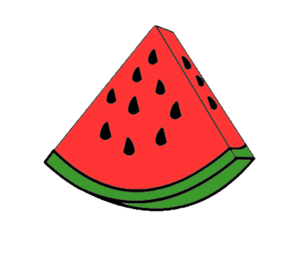
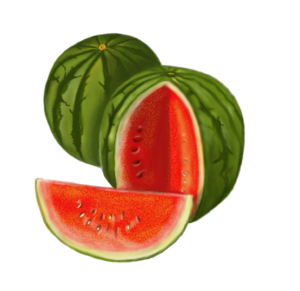
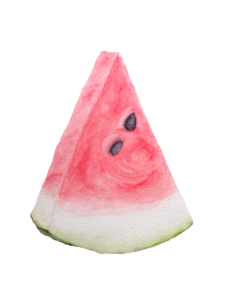
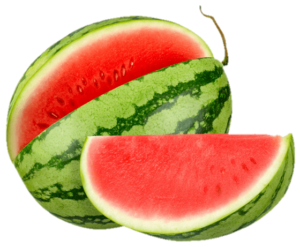

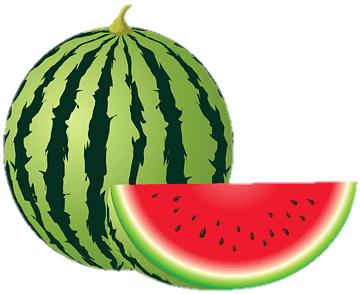
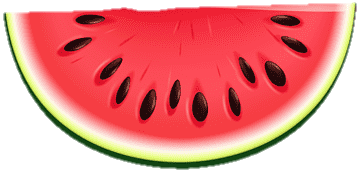
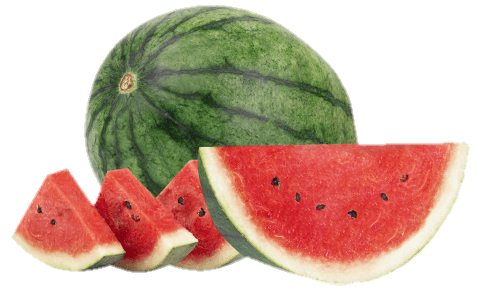
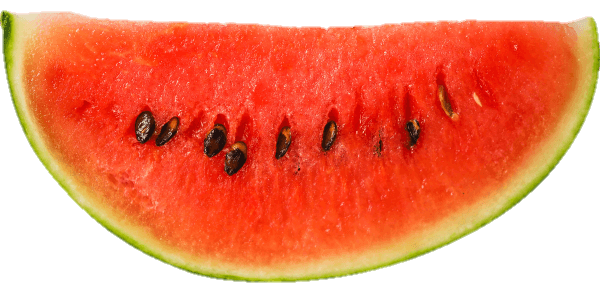
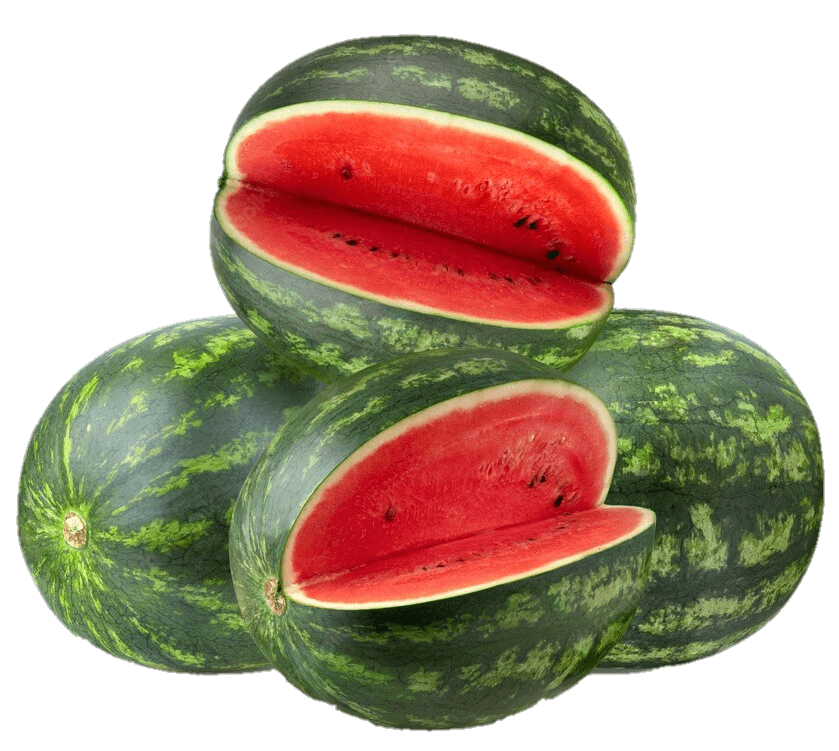
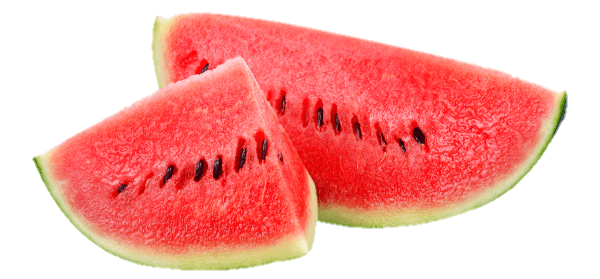
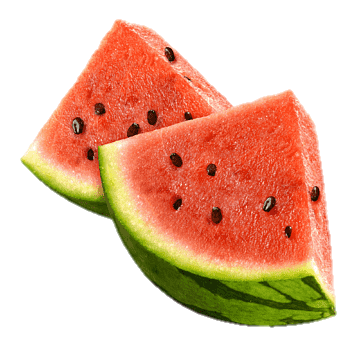
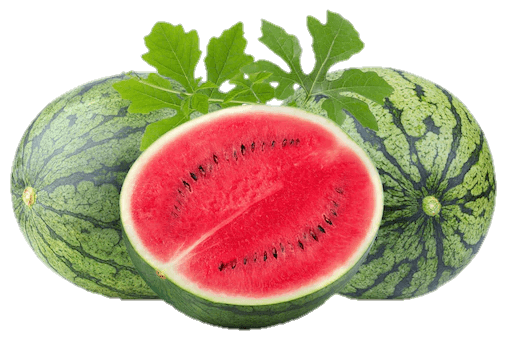
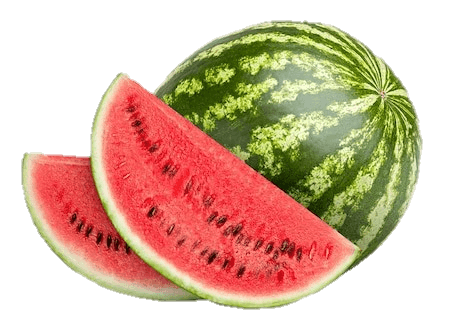

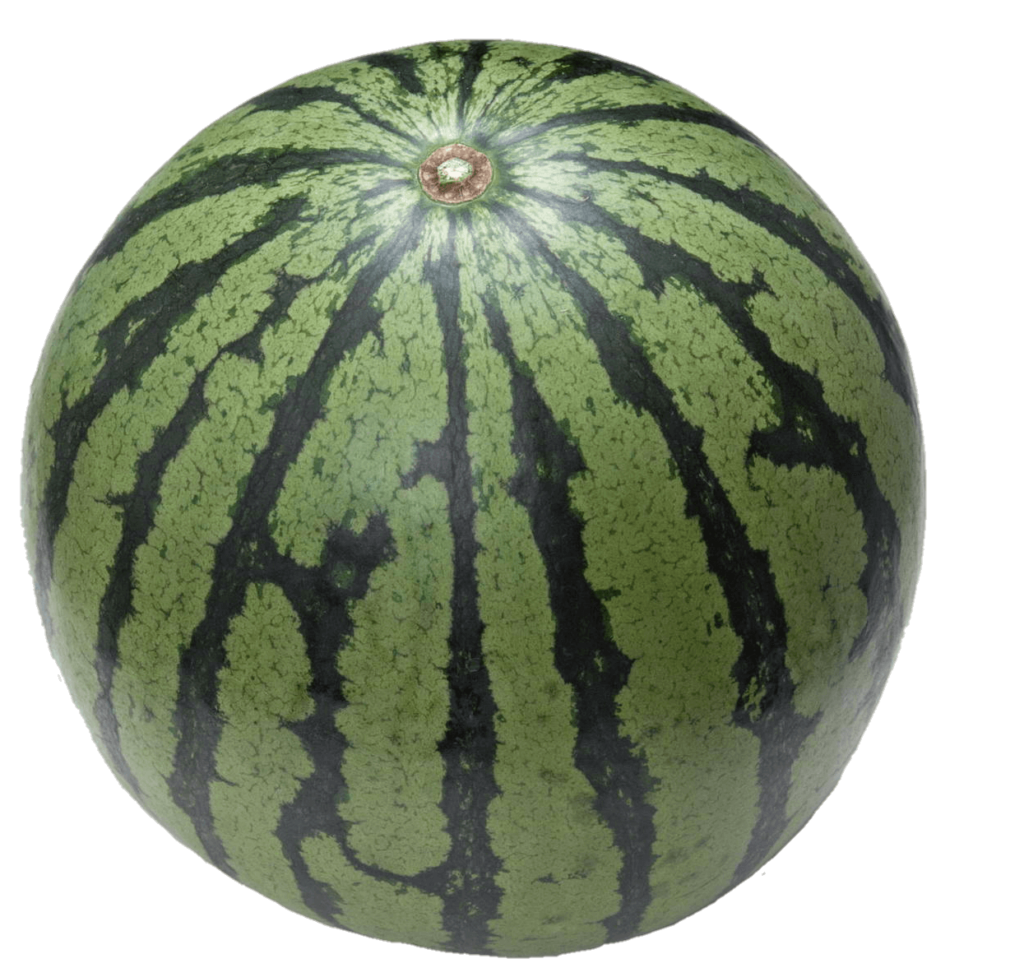
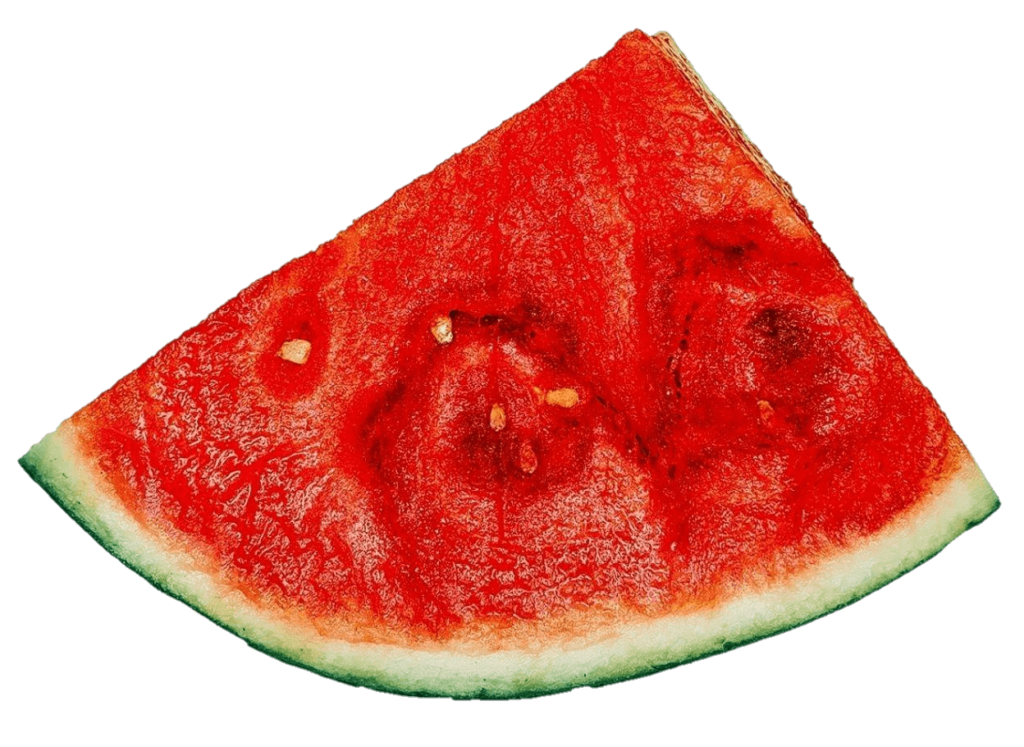
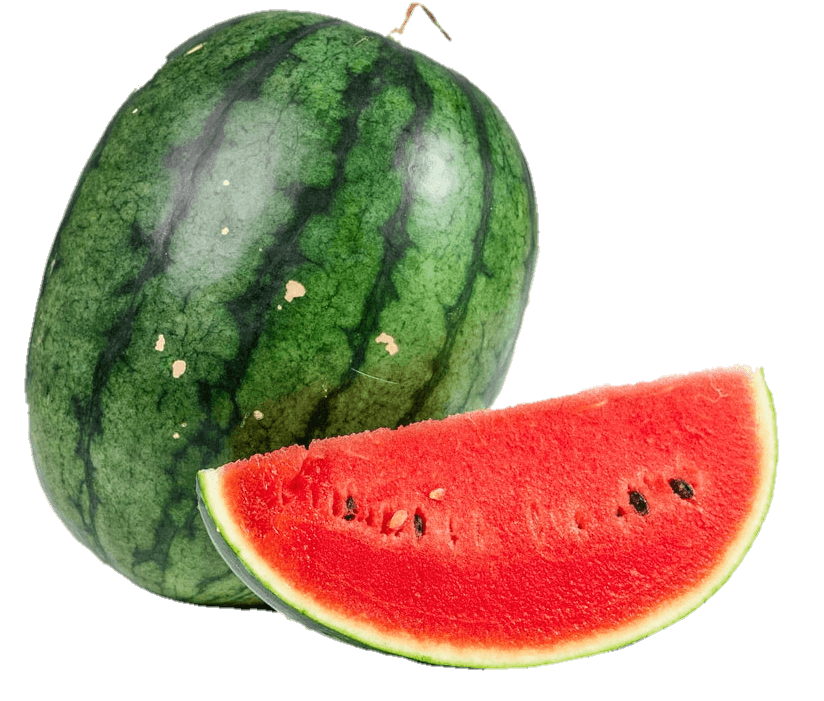
Watermelon, scientifically known as Citrullus lanatus, is a refreshing and delectable fruit that has been delighting human taste buds for centuries. Its juicy, sweet, vibrant red flesh and high water content make it a popular choice for beating the scorching summer heat.
Watermelon is believed to have originated in the Kalahari Desert of Africa over 5,000 years ago. Ancient Egyptians cultivated this fruit, eventually spreading it to other parts of the world through trade routes. Archaeological findings suggest that watermelon seeds were even buried alongside pharaohs to provide them nourishment in the afterlife. Subsequently, it spread to different regions, including India, China, and the Mediterranean, becoming an essential part of various cuisines and traditions.
Watermelon is not only a delicious treat but also a nutritional powerhouse. It is rich in vitamins, minerals, and antioxidants, making it an excellent choice for maintaining good health. The fruit is abundant in vitamin C, which boosts the immune system and promotes healthy skin. It also contains vitamin A, essential for eye health, and vitamin B6, which aids brain function. Additionally, watermelon is a good source of potassium, which helps regulate blood pressure and contains dietary fiber, promoting digestion and gut health.
Apart from its remarkable taste, watermelon offers numerous health benefits. Due to its high water content (about 90%), it helps keep the body hydrated during hot weather and strenuous physical activities. Its natural sugars provide a quick energy boost, making it an ideal snack for athletes and fitness enthusiasts. The antioxidants in watermelon, such as lycopene and beta-carotene, have been linked to reducing the risk of certain cancers and promoting heart health. Furthermore, its low calorie and fat content makes it a weight-friendly option for those trying to maintain or lose weight.
Watermelon holds significant cultural importance in various societies. In many countries, it is a symbol of summer and is often associated with picnics, barbecues, and outdoor gatherings. Its vibrant red color is often linked to vitality and prosperity, making it a popular fruit during festive occasions and celebrations. For example, in some Asian cultures, watermelon is offered to guests as a gesture of hospitality and good luck. It has become integral to Fourth of July celebrations in the United States, often enjoyed in sliced or cubed form.
Watermelon’s versatility extends beyond its role as a standalone fruit. It can be incorporated into various culinary delights, from salads and smoothies to desserts and refreshing beverages. In countries like Mexico, it is seasoned with chili powder and lime juice to create a unique and flavorful treat. In some Asian cuisines, watermelon rind is pickled and used as a condiment. The edible seeds can be roasted and consumed as a snack or in baking. The fruit’s flexibility in preparation has made it an essential ingredient in global gastronomy.
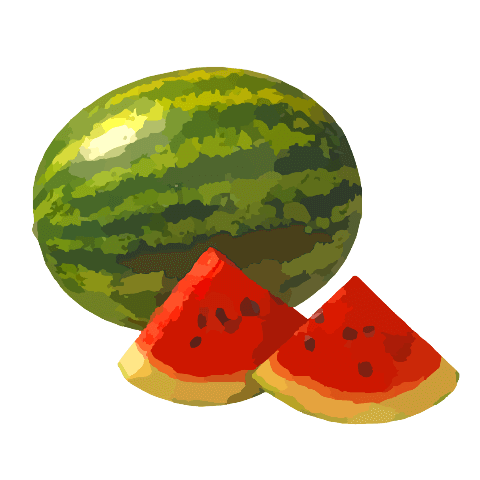
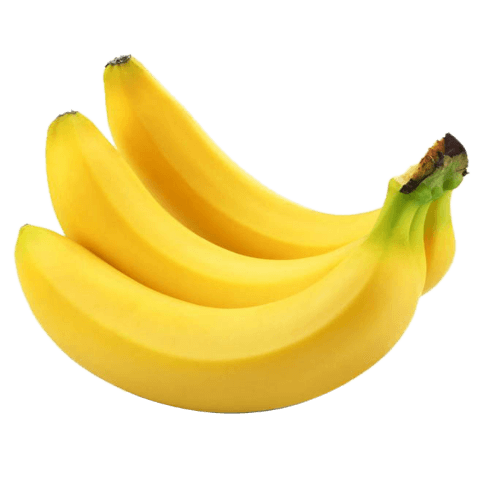
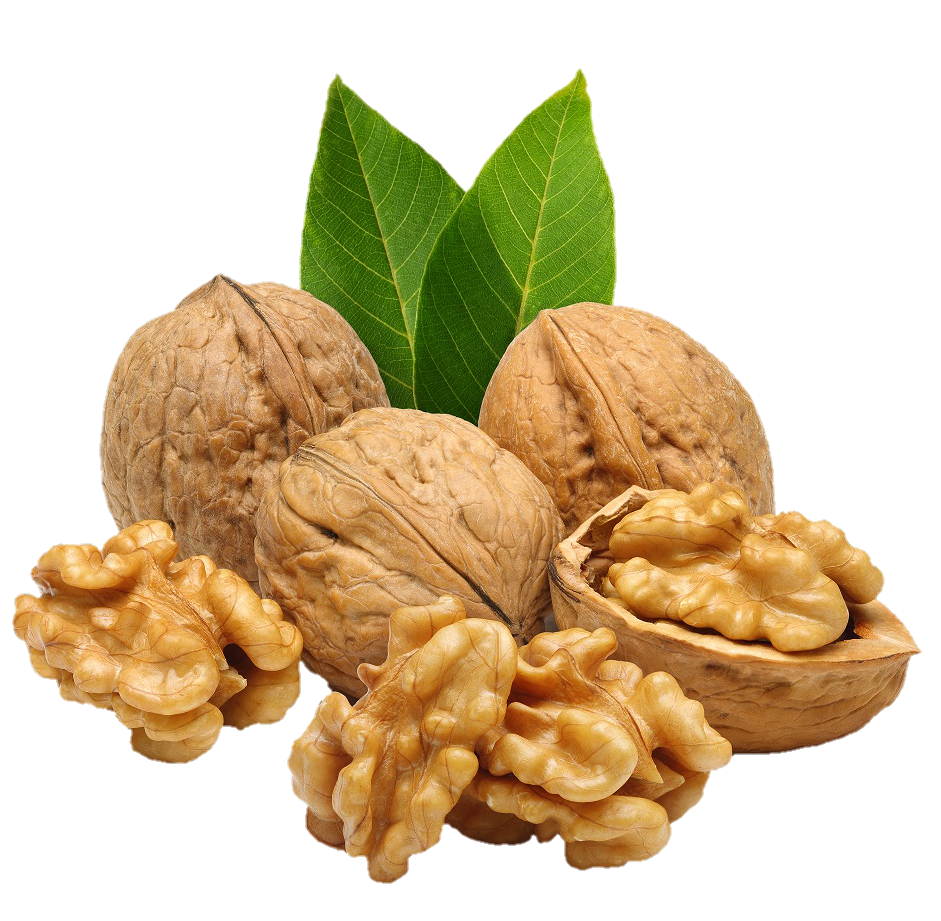
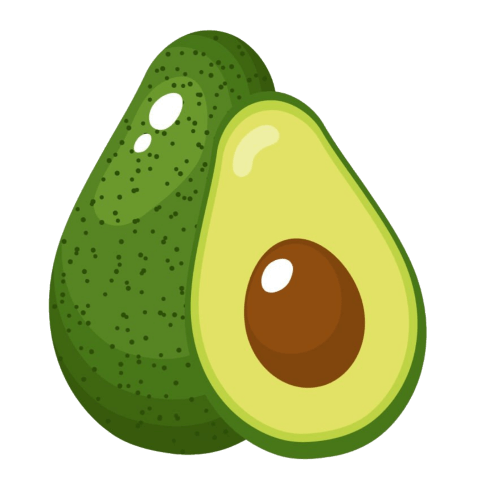
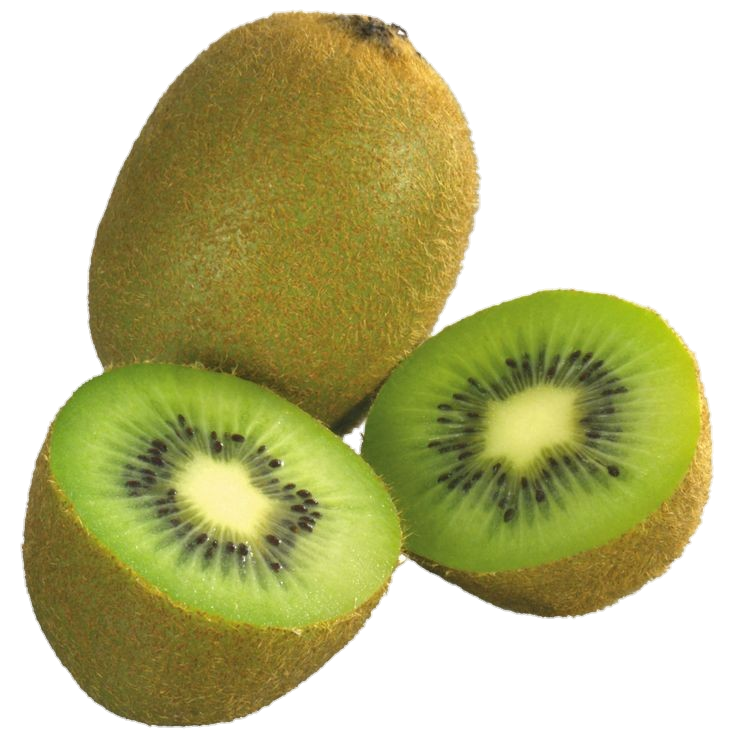
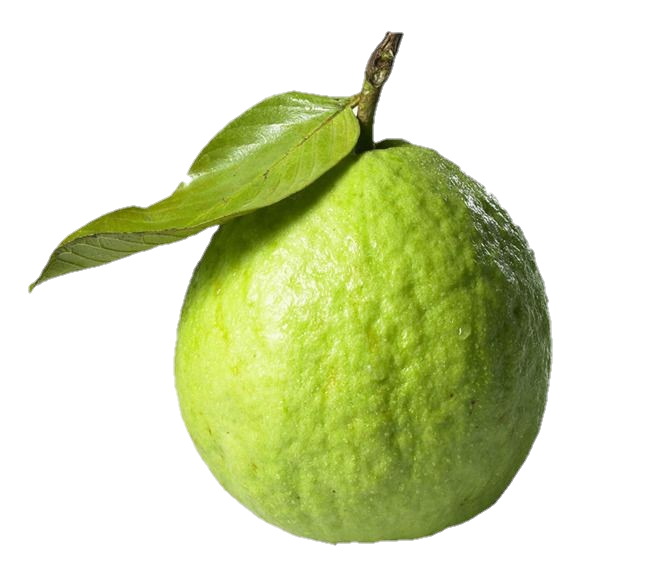
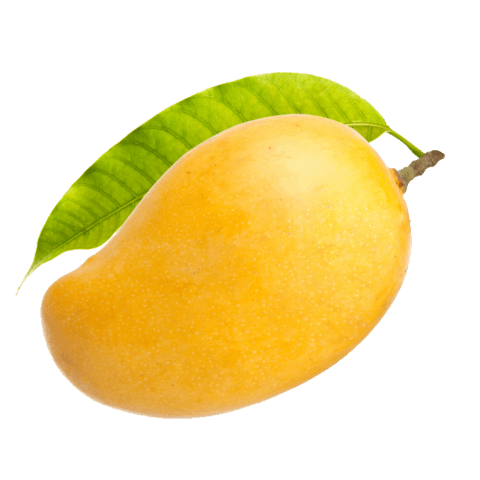
Leave a Comment
Instagram